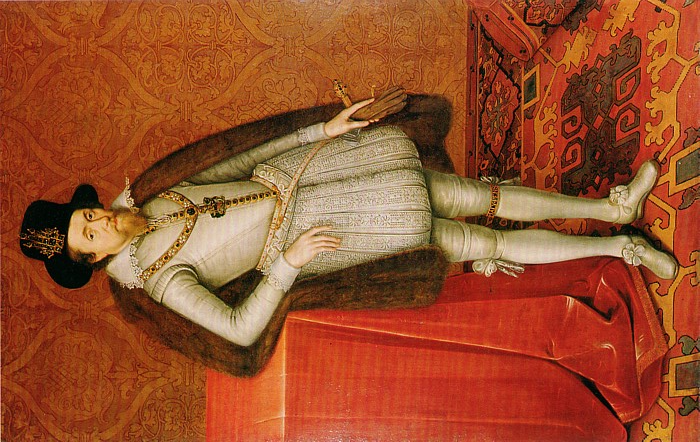
Season 9:
Tom of Finland advertised the concept of gay masculinity to gays becoming men. The influence of his work on gay male sex cultures, on ideals of queer masculinities, and especially on leather scenes remains enormous and contested.
A novelist, a member of parliament, a collector of art, antiquities, and books, a travel writer, and a builder of great palaces–and a slave owner, and a pedophile.
Live from Sheffield DocFest, it's E. M. Forster: who in his 91 years of life was one of Britain’s most successful novelists. He was raised in a climate of Victorian propriety so extreme he went to university without understanding human reproduction, and then fell in with a secret society known for alternative thinking and "aggressive" homosexuality. Italy — and later India — represented paradises of freedom and liberation in comparison to the cramped, horrid Edwardian upper middle classes. Erotic contact with the working-class/brown Other was the waters of Lourdes for this uptight Englishman, who was never able to transcend his own position.
Another episode down under: Andrew George Scott is best remembered to history as the enigmatic “Captain Moonlite”, and the story of his short but eventful life is a fascinating tale of personal conscience, colonialism, and criminality. Born in Ireland, he was taken by his family to New Zealand, became a military man, attempted to become a priest, robbed a bank, toured as an inspirational speaker, held up a sheep station, and requested to be buried in the arms of his lover.
The place: Queensland, Australia; a state just recovering from decades of rule by "hillbilly dictator" Joh Bjelke-Petersen, a petty authoritarian with a reputation for brutal homophobia and the even more brutal repression of street protest. The time: the late Eighties, at the height of the AIDS epidemic and public fear about queers and blood. The woman: Tracey Wigginton, a deeply disturbed woman from an abusive background who committed a horrifying crime. The media saw a potential scandal, and created one: it was easier to believe lesbians are vampires than to believe in the endemic nature of family abuse and violence in our society.
Behind Angie’s role as a local doyenne, she trailed a dark secret about her life as a young photographer in New York. How did Angela end up in Provincetown, and why was the mere sight of her name enough to induce horror in a fellow photographer?
Today's subject, Jacob Israël de Haan, wrote one of the first gay Dutch novels. Born in 1881 in the Netherlands, he was assassinated by the Haganah paramilitary at the age of 42 in Palestine, having moved there to establish Zion, and then having turned on the Zionist project because of its treatment of the Arabs. His love of young Arab men was both a source of scandal and a very troubling source of evolving solidarity.
A man who got rich playing both sides of a pay to play criminal justice system while touring through London's infamous "molly houses," back rooms of taverns or gin houses where queer men could meet and cruise.
Many people in our audience will have seen Jennie Livingston’s 1990 documentary Paris Is Burning, an exploration of Black and Latinx ball culture in New York City. One of the film’s primary interview interlocutors is Dorian Corey, who is one of the film’s most quotable characters. Corey's life helps us explore the history of drag from balls for enslaved people in the 1870s to today. And did you know that Corey knew, during all those serene interviews in Paris Is Burning, that the man she had murdered in self-defense and not trusted police to handle it (would you?) was mummified in the closet behind her.
Little Richard, inventor of rock’n’roll, contained multitudes: a pioneering rock and roll musician who stunned audiences with his fast-paced hits in a quite macho rock world, a huge influence on musicians from Elvis and The Beatles to James Brown, Prince, Patti Smith, Andre 3000, and more, a Seventh Day Adventist preacher from the deep south of the United States who preached about sin, and a drag performer under the name Princess LaVonne.
Season 8:
We welcome music writer Hannah Pezzack to talk about the experimental electronic band Coil.
Have you ever wondered who the sexual link between Edward Carpenter and Allen Ginsburg was? Wonder no more, and meet Gavin Arthur: grandson of US President Chester Allan Arthur, astrologer, sexologist, Irish Republican, sometime Communist, sometime Democrat, Haight-Ashbury hippie rabble-rouser, and chaotic bisexual. Our guide to his life is longtime friend of the show Maurice J. Casey, historian and author of Hotel Lux: An Intimate History of Communism's Forgotten Radicals.
German naturalist Alexander von Humboldt travelled the world amassing a wealth of botanical, geological, and human knowledge. His very private - and homosexual - life is still shrouded in mystery and historiographic embarrassment.
Today’s subject, Jacques de Molay, was the last Grand Master of the Knights Templar/ Ever since their dissolution, the Knights Templar have been associated with all sorts of occult manifestations. Today we’re going to steer away from these fantastical theories, because the reality of the Templars is far more interesting.
Adele Spitzeder, born into operatic royalty, washed up when she tried a career on the stage: so instead, she started accepting bank deposits for 10% monthly interest, and paying old customers with new customers' money. In three years, she amassed deposits of 38 million Gulden, or the equivalent of more than 500,000,000 euros: the world’s first Ponzi scheme. Attempts to squirrel away some money by smuggling it with her girlfriend went about as well as expected.
She was an industrialist, a lesbian, a landlord, a traveler, a businesswoman, a womanizer, a butch, a snob, a pioneer of gay marriage, a Tory. She was the original Tory girlboss, and19th century English diarist who coined such terms as "grubbling," for mutual masturbation. Ey up love, been grubbling?
Today we profile Larry Kramer, the writer and AIDS activist. We address Kramer as one of his narrators addressed his stand-in in the first volume of his last novel, The American People: “You fuckster! You are so fucksome. I love you very much.”’
The Crown Prince of Iraq, Abd Al-Ilah, ruled the country as a prince regent on behalf of his nephew, from 1939-1953 - although not interrupted. A member of the powerful Hashemite dynasty, Al-Ilah was also an authoritarian antisemite who once took refuge on a British naval ship called the HMS Cockchafer. A dandy, he charmed MP Chips Cannon into writing: "We are very intimate …I never can resist a Regent.”
An eccentric, wealthy businessman–with the pet tiger, Mexican nudist ashram, ketamine and cocaine habits, and baroque legal battles to prove it–who also financially supported trans research, gay history, and dolphin ESP, Reed Erickson forged his own path in a difficult world.
Albrecht Muth claimed to be a dashing German aristocrat and married into Washington's foreign policy elite. The shocking truth became one of official Washington's biggest mysteries...
A fascist femboy, a Baltic count, an orientalist white supremacist, editor of the first anthology of gay literature, painter of a 30-meter cyclorama featuring 90 androgynous twinks disporting themselves in the nude in a fantasia of the four seasons, devotee of Adolf Hitler, founder of a new religion, and poet: it's Elisar von Kupffer.
Today's episode profiles a very bad bisexual: the lawyer, soldier and society favourite, Tom Mitford. This is not just a profile of Tom himself, but of his six siblings, the famed Mitford Sisters, whose intense, often conflicting relationships have become something of an obsession for English culture, and not always a very healthy one. We also promise to you, as has become a theme of the podcast, some DBNs - Disturbingly British Names.
A lesbian — or possibly transmasculine — gangster born royal in 1927 British colonial Burma, who when first married off to a man threw a pot of their own urine at him to prevent the marriage from being consummated. They ran away from polite society, dated actresses, ran opium, were involved with the CIA, and helped negotiate settlements between ethnic groups.
Season 7:
As one of Broadway's star choreographers, Robbins helped define Broadway's Golden Age with striking dance theatre that integrated ballet technique into storytelling. His charisma, abuses of power, and boundary-obliterating working methods helped define an idea of choreographer-as-genius that still disfigures dance today.
The story of a dashing tomboy who was the first woman to found a British political party. The only problem: that party was the British fascists.
Join us for a trip back to the court of 1300s Delhi for a story of love, lust, intrigue, revolution, and “the results of pampering young men and catamites.”
Marthe Hanau built a several-hundred-million-franc financial powerhouse: which turned out to be a fraud. Learn how far one woman was able to go to accumulate wealth and power by any means necessary.
Today's episode is about England and its capacity to be deeply weird. We get into one of England's weirdest, bloodiest, and maybe horniest moments, the English Reformation: a time of enormous tumult and violence, but also new ideas that reconfigured and reshaped the world. Today’s Bad Gay is perhaps an unlikely and unfamiliar candidate, but one whose life and loves sheds a light on that time: it’s the theologian, reformer, and Archbishop of Canterbury, John Whitgift.
This episode has everything: a tyrannical little boy king, a dictator who wanted to overthrow the Roman pantheon and install a meteorite as the object of a new monotheism, prostitution and vestal virgins, and drowning your party guests in rose petals.
The complex life of Ahebi Ugbabe helps tell the story of the colonization and decolonization of Nigeria and of the similarities and the differences between the sex-gender systems we are used to in the contemporary west and the vast array of possibilities in those sex-gender systems throughout different human societies.
Two writers from the North of England who made their way in the repressive, damp climate of the postwar UK, went to jail for turning library books into collage art, abused boys in Tunisia, and met a grisly end.
A white-haired, powdered, starch-cuffed petty dictator who ruled over the expanding business with an iron fist, stopping every once in a while to make a misogynist or racist public comment, Karl Lagerfeld was one of the most influential figures in the fashion industry as it shifted into late capitalist hyperdrive.
Season 6:
The 16th century mystic nun, lesbian, and possibly demonically possessed heretic Benedetta Carlini was the subject of a 2021 film by Paul Verhoeven. We’re telling the true story of her life.
Through the life of this 17th century Japanese shogun, we explore the role of same-sex relationships in Japanese court culture of the time, the radically different meanings of age and gender in different times and places, and a gay teen romance that ends, alas, with being stabbed to death in the bathtub.
There’s power in being the king who sits upon the throne, but also power in being the throne upon who the king sits. This was true as ever in the court of Emperor Ai in Han Dynasty China in 22 BC.
Was he an honest or devious? A man driven by fidelity, or by treachery? Perhaps we’ll get to the bottom of it when we discuss the life of Tom Driberg, the Lord Bradwell, journalist, socialist, MP, Chairman of the Labour Party, and cocksucker.
Today’s subject was la Madrina, the drug lord of the Colombian Medellín Cartel. Born in 1943 in Cartegena, on the north coast of Columbia, she became the so-called "Queenpin," and adopted all the macho tropes of the gangster.
This week, we tackle the French author André Gide, a self-styled "immoralist" who oscillated between an austere Protestantism and a sensualism he associated with the so-called "Orient," and who elevated pederasty above sodomy in a way that helps us understand the often-disfiguring influence of upper-class male sexual desires on the construction of the 20th century gay male identity.
Today we welcome special guest Arthur Asseraf to talk about Mustapha Ben Ismaïl, a terrifyingly ambitious twink who rose from being an illiterate street beggar to Prime Minister on the strength of the king's love for him –– and whose disastrous policies helped bring an end to Tunisia's independence.
She's an icon, she's a legend, and she is the moment. The Mozart of bisexual drama, sword-fighting crossdressing opera singer Julie D'Aubigny burned through a dizzying series of lives, loves, husbands, mistresses, swordfights, operatic performances, lovers, and successes at the Paris Opera before dying in a convent in her early 30s.
In any gay bar, there is at least one delusional queen who can't stop lying about his life. If you give him firearms and crystal meth, he turns into Andrew Cunanan. If you elect him to Congress, he turns into George Santos, who we argue is as likely as anyone else to become the first gay President of the United States.
Season 5:
On the pioneering sexologist and his troubling record on race, eugenics, and sex work; with the historian Laurie Marhoefer.
For white, suburban, heterosexual middle America, Jeffrey Dahmer, like AIDS, was the natural, even the righteous, consequence of homosexual promiscuity. He remains one of the exemplary constructions of the supervillain serial killer, the perfect subject of a true crime story. We look at how homophobia, racism, and the various true crime myths Dahmer helped reify ironically impeded his arrest and enabled his crimes.
The bank robber John Wojtowicz infamously held up a bank in 1972 to pay for gender-affirming surgery for Elizabeth Eden, his trans girlfriend. Or did he? We take a look, thinking through the ethical complications of Wojtowicz as a figure in history and in historical memory.
Until last week, she was the Commissioner of the Metropolitan Police, London’s police force, and was the first woman and the first LBGTQ person to hold the rank. We tell Dick's life story and then delve into the history of the Met, its relationship with LGBTQ people, and the conflicting strands of LGBTQ politics that emphasize conflict vs collaboration with the police.
If the legacy of Mercury and his music often seems to smooth his work, and that of his band, Queen, into a sort of middle-aged, KISS FM everyday normality, here we lean into the contradictions of the charismatic man and the nuances of queer life in the 1970s and 1980s.
This opera queen gone wrong fought fascists as a Partisan and mingled with Visconti, Marais, Cocteau, and Chanel in his youth before becoming a director increasingly devoted to reactionary excess above all — and with a troubling relationship to sexuality.
Are you ready to have your timbers shivered and your mainbrace spliced? Today’s subject is the mysterious historical figure Anne Bonny — a “lesbian pirate” (or was she?) whose story helps us think about gender, race, and class in piracy’s golden age.
The man at the center of a series of scandals about homosexuality at the highest levels of the Kaiser’s court that helped define Imperial Germany’s relationship to masculinity and the emerging identity of homosexuality itself.
This Nazi diplomat was assassinated by the German Jewish activist Herschel Grynszpan –– and his death became a pretext for the murderous pogroms of Kristallnacht.
The eccentric inheritor of an enormous oil fortune and gender non-conforming-lesbian-trans man (we'll talk about it!) who dated Marlene Dietrich, raced speedboats, and turned their private Bahamian island into a domain over which they ruled over native people with an iron fist while allowing themselves and their guests every possible eccentricity and pleasure. All this accompanied by their lifelong companion: a foot-tall leather doll named Lord Tod Wadley.
A podcast about evil and complicated queers in history – this week, profiling the artist and bon vivant Francis Bacon, whose generosity teetered on the edge of self-obliteration.
Season 4:
His crimes, trial and execution seemed to be the manifestation of many of both the public fears and moral panics of the United States in the 1980s. 'Stranger Danger', pornography, homosexuality and childhood sexual abuse became the focus of heated public debate.
The (in)famous author of the George Miles cycle, The Sluts, and many other classic works of radically transgressive fiction as challenging to traditional notions of gay writing as they are to the hetero mainstream.
A powerhouse athlete with 14-inch biceps who dated Josephine Baker, smoked, and cut her breasts off to better fit behind the wheel of a race car: and when she was cast out of respectable society, she became a Nazi spy and a sadistic torturer known as the "hyena of the Gestapo."
Nothing about the life of this daughter of a Lutheran pastor seemed out of the ordinary –– until she joined a strange, cult-like organization called the Symbionese Liberation Army, and helped kidnap the heiress Patty Hearst.
A novelist, playwright, poet, and, art collector and the hostess of a Paris salon that gathered the cream of interwar modernism. A semi-open lesbian, in the last years of her life, Stein sustained her lifestyle as an art collector and ensured her safety through the protection of powerful Vichy government officials.
An intellectually dull man, charmless, with neither cultural interests nor creative talents, but who, due to sheer accident of birth, found himself permitted to indulge all his whims.
A fantastically talented writer who rose from a difficult and violent childhood to literary fame and the highest echelons of society–only to be destroyed by his own demons.
This white author, critic and photographer became enchanted with the Harlem Renaissance, approached Black cultures as a source of ideas that he could take and exploit, and perpetuated racist stereotypes in his work.
A fervent pacifist, antinationalist, and homosexual – with a deep, complex, and troubling love of children – Britten, through the strength of his music and through the nation’s desire to have a musical hero, became an utterly unlikely national celebrity.
The “Very English Scandal” of disgraced Liberal MP Jeremy Thorpe reveals how the law is impervious to the informal networks of power in the British establishment, and how homosexuality was subject to a series of double standards, tolerated in the powerful but suppressed in the ordinary citizen, practiced in private and denied in public.
A flamboyant pianist who became an unlikely icon of Middle American family entertainment.
A British colonist and mining magnate who served as Prime Minister of the Cape Colony. An ardent white supremacist, he rose from being a sickly child to having a near-complete domination of the world diamond market.
Season 3:
A British civil servant who began his career in the colonial India Office, was part of the culturally and sexually libertine Bloomsbury Group, and would end up as one of history's most influential economists.
The author of The Well of Loneliness – who became known as “sapphic Jesus” but whose flirtations with racism and fascism deserve more scrutiny.
An American woman who gave birth to a child coparented with her partner Janet Jenkins, and then left Janet, became a self-proclaimed ex-lesbian, sued for single custody of their daughter, and when the courts decided against her, abducted their child and fled the country with the assistance of well-connected far-right pastors in 2009.
An essay on the Smiths frontman whose music and lyrics turned the abject aspects of the identities of so many queer teenagers into something that made them stand out and shine – and whose focus on working class cultures of masculinity began to turn towards the far right.
An itinerant sex worker turned by a media frenzy into a "man-hating lesbian prostitute who tarnished the reputations of her victims,” a useful foil for family-values string-em-up-dead politicians who wanted to show that they were tough on crime–and an unlikely lesbian hero.
The anti-colonial activist Roger Casement: we discuss his rise and fall, Britain’s hypocritical relationship with imperialism and colonialism, and secret black diaries full of "gentle thrusts" and "splendid erections."
The fascist-sympathizing architect who helped transform Modernism from egalitarian philosophy to elite fashion trend.
A dashing art forger whose fake Picassos, Matisses, and other masterpieces are still hidden in major collections and museums.
The gravely-voiced Congressman whose heroic coming out paved the way for gay political power, but whose collaboration with finance capital helped define the Democrats' rightward shift.
The Anglo-Irish aristocrat, politician and statesman Robert Stewart, 2nd Marquess of Londonderry: better known, like Bjork or Madonna, by his mononym - Castlereagh.


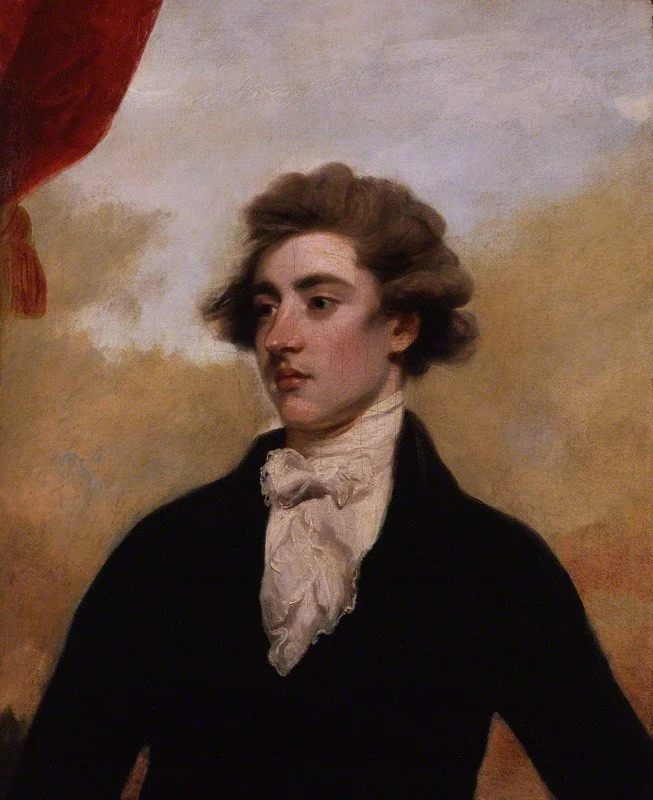
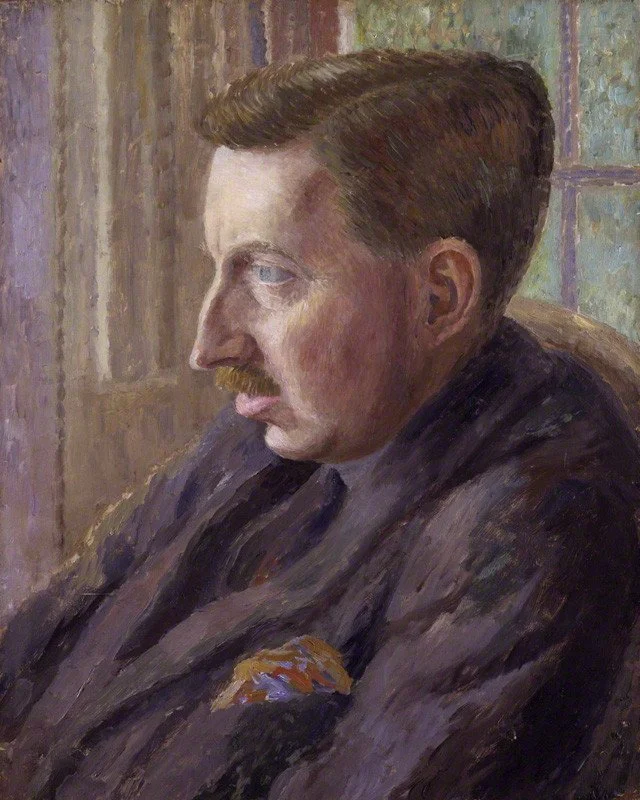
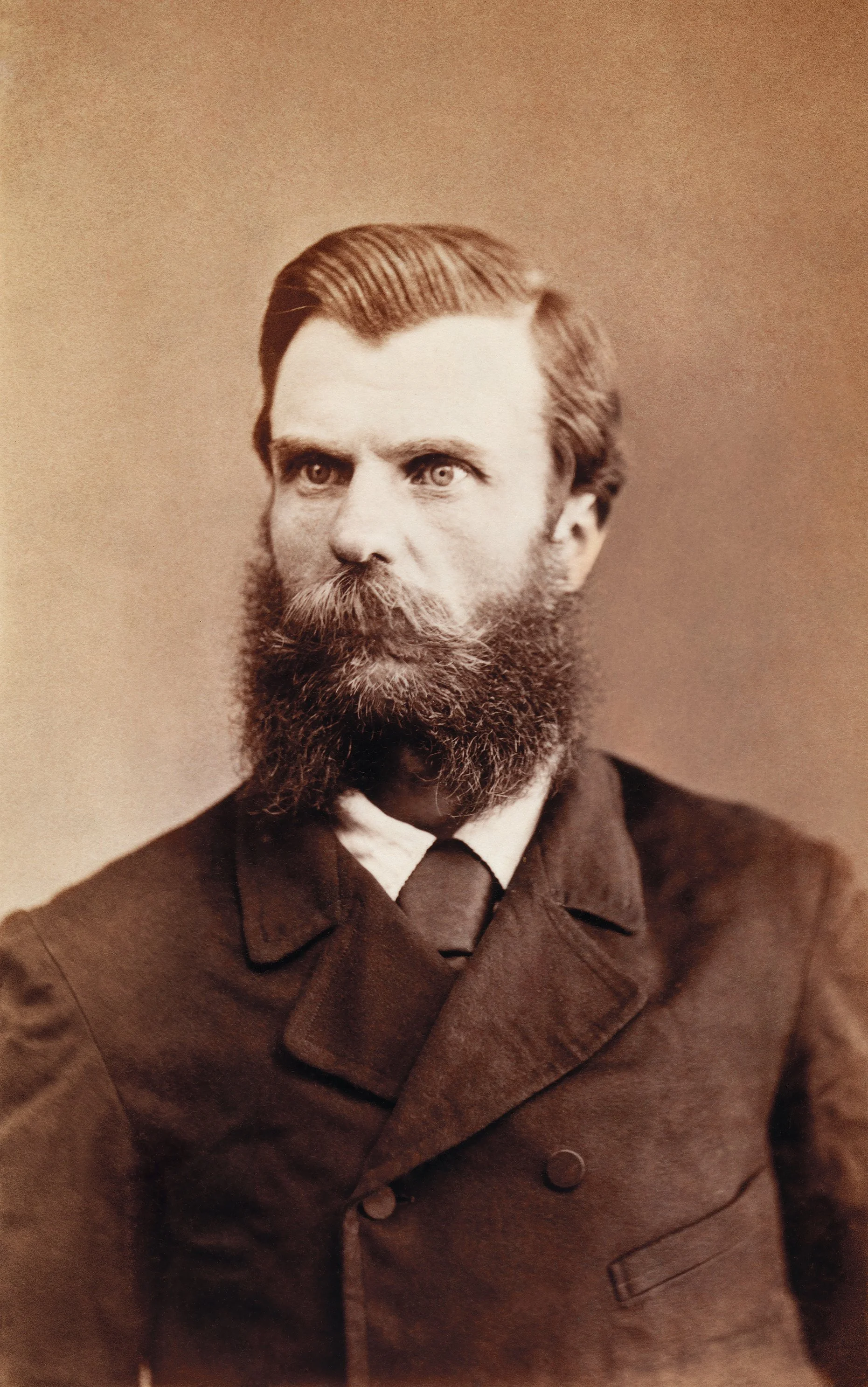
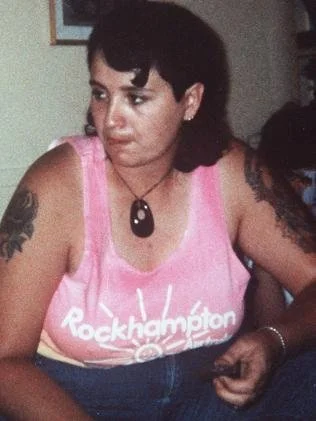
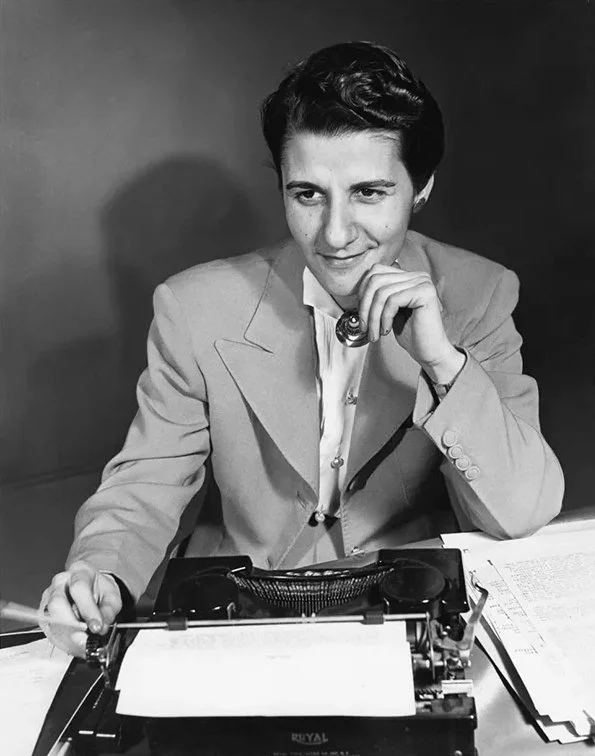
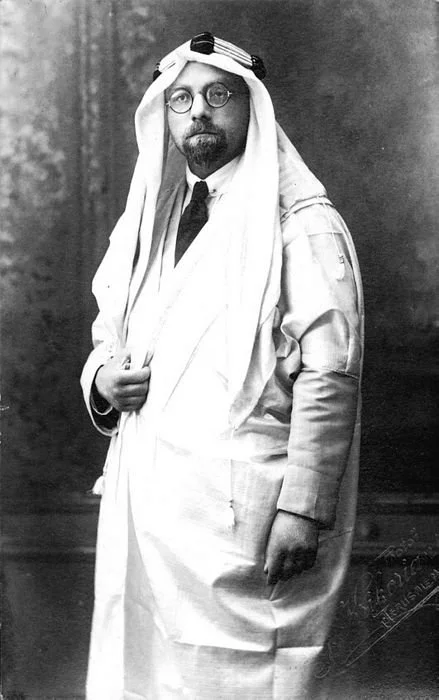









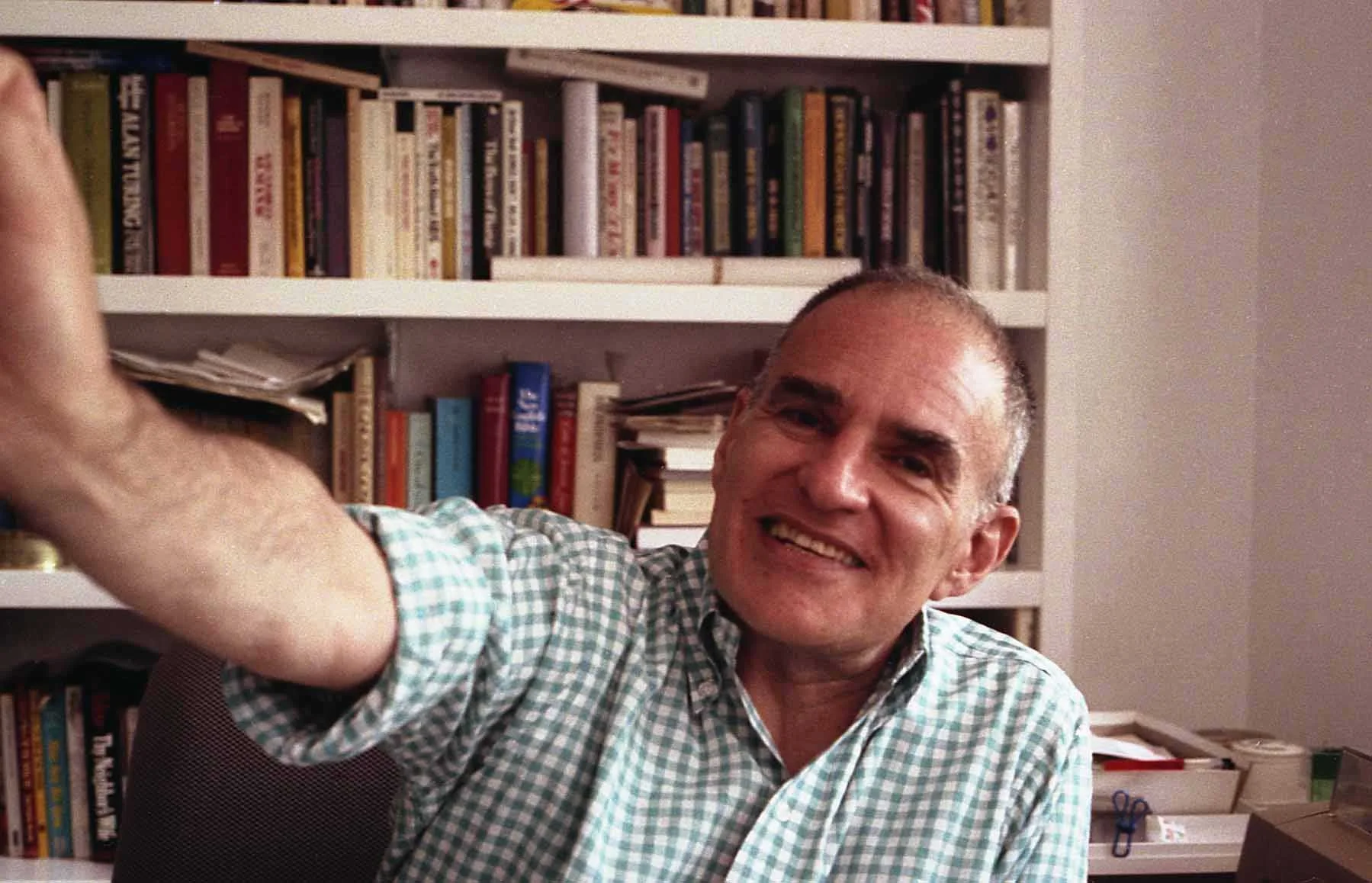













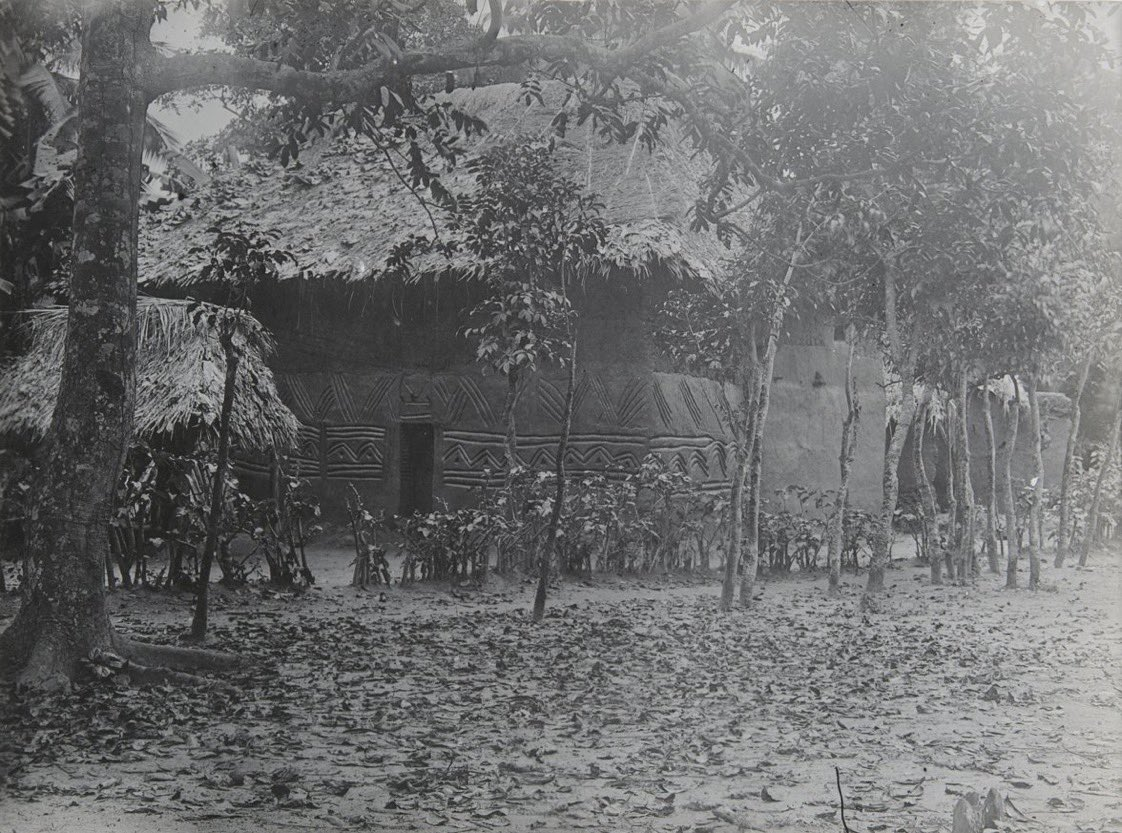



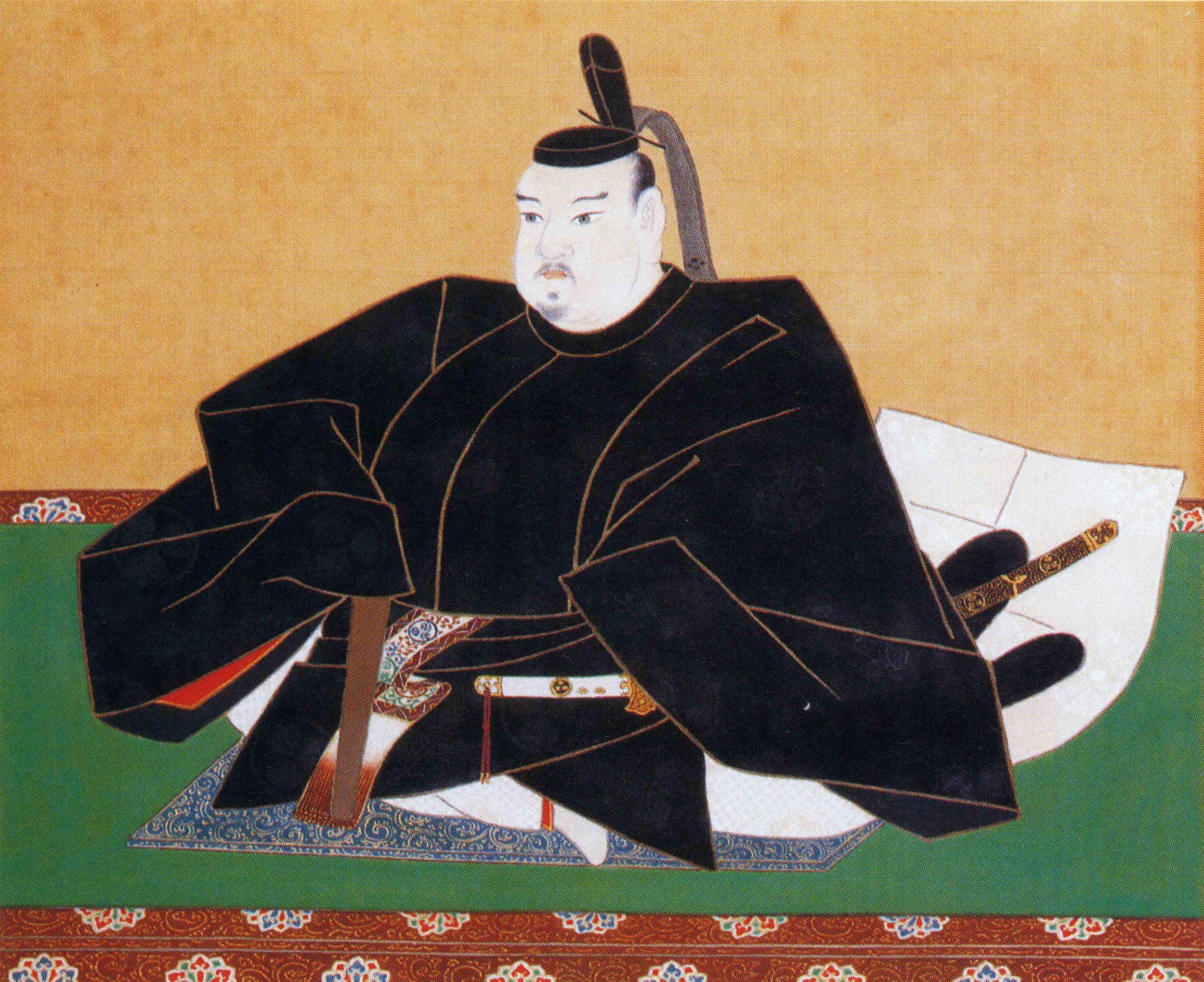

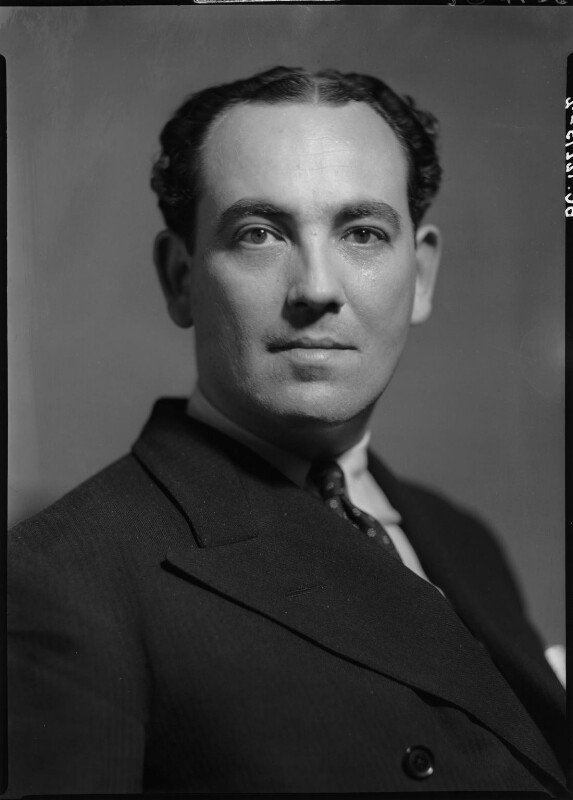

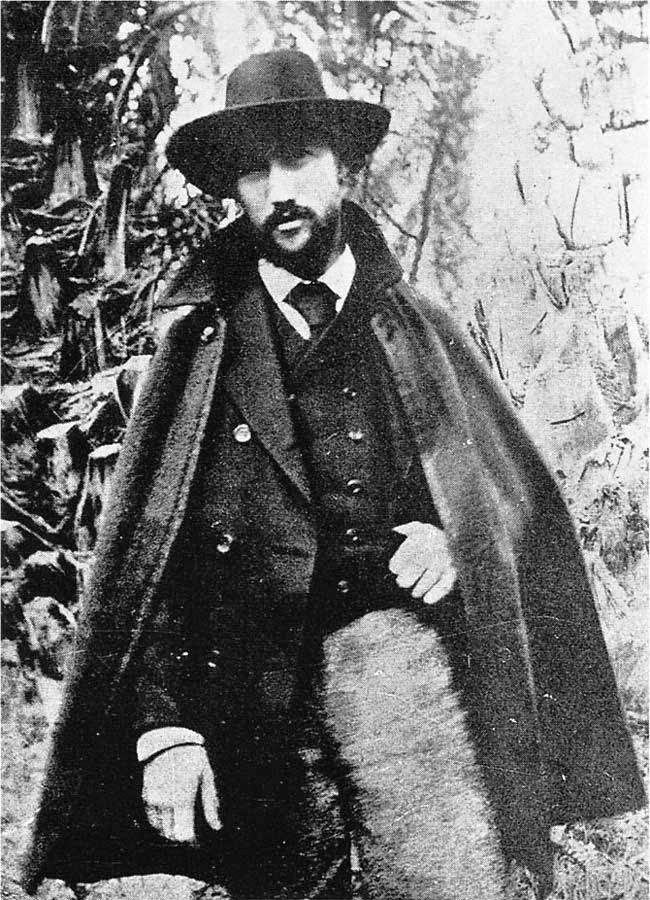

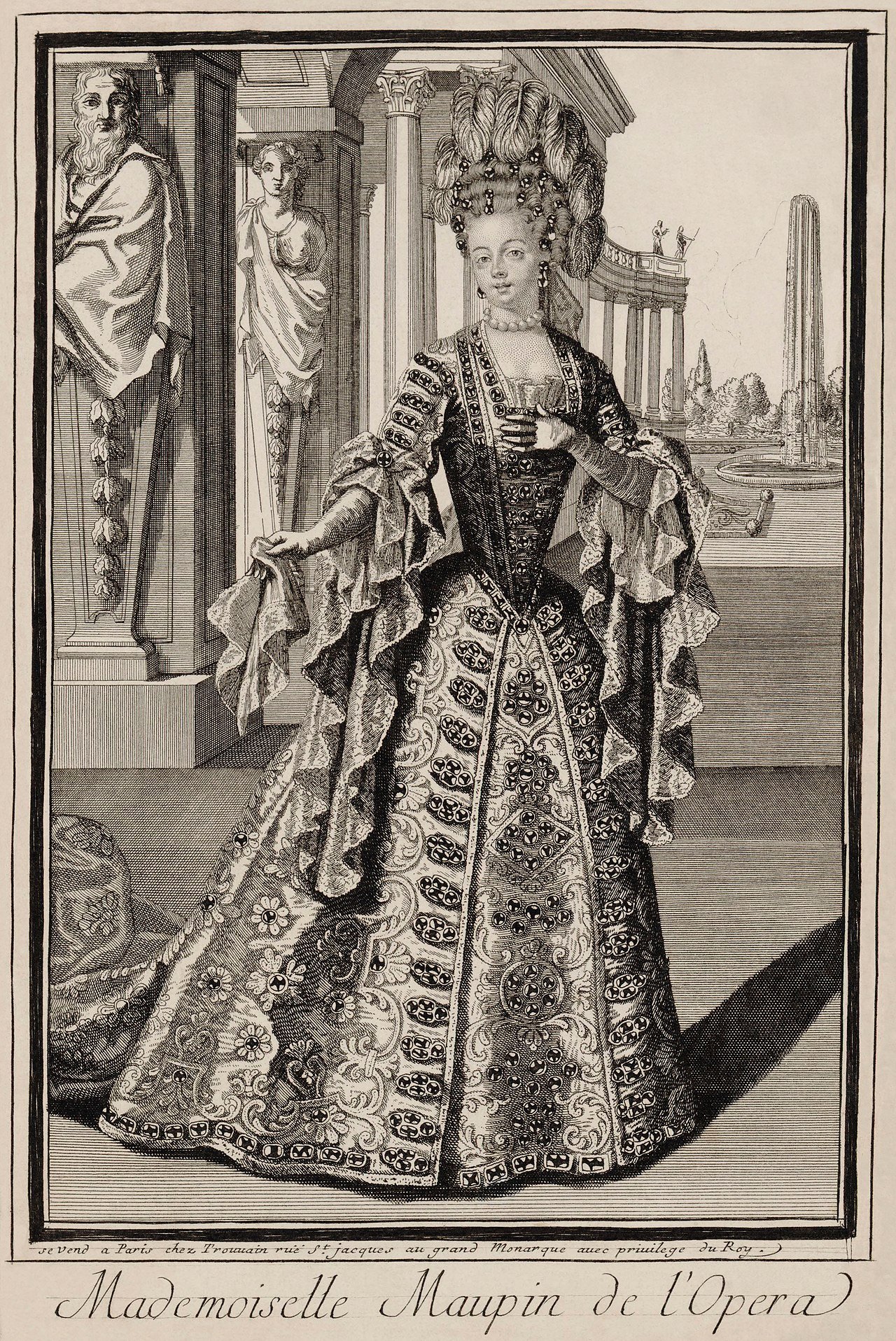









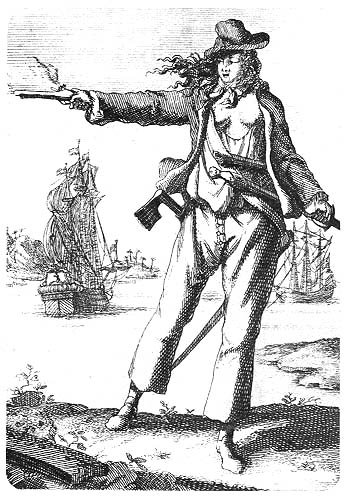

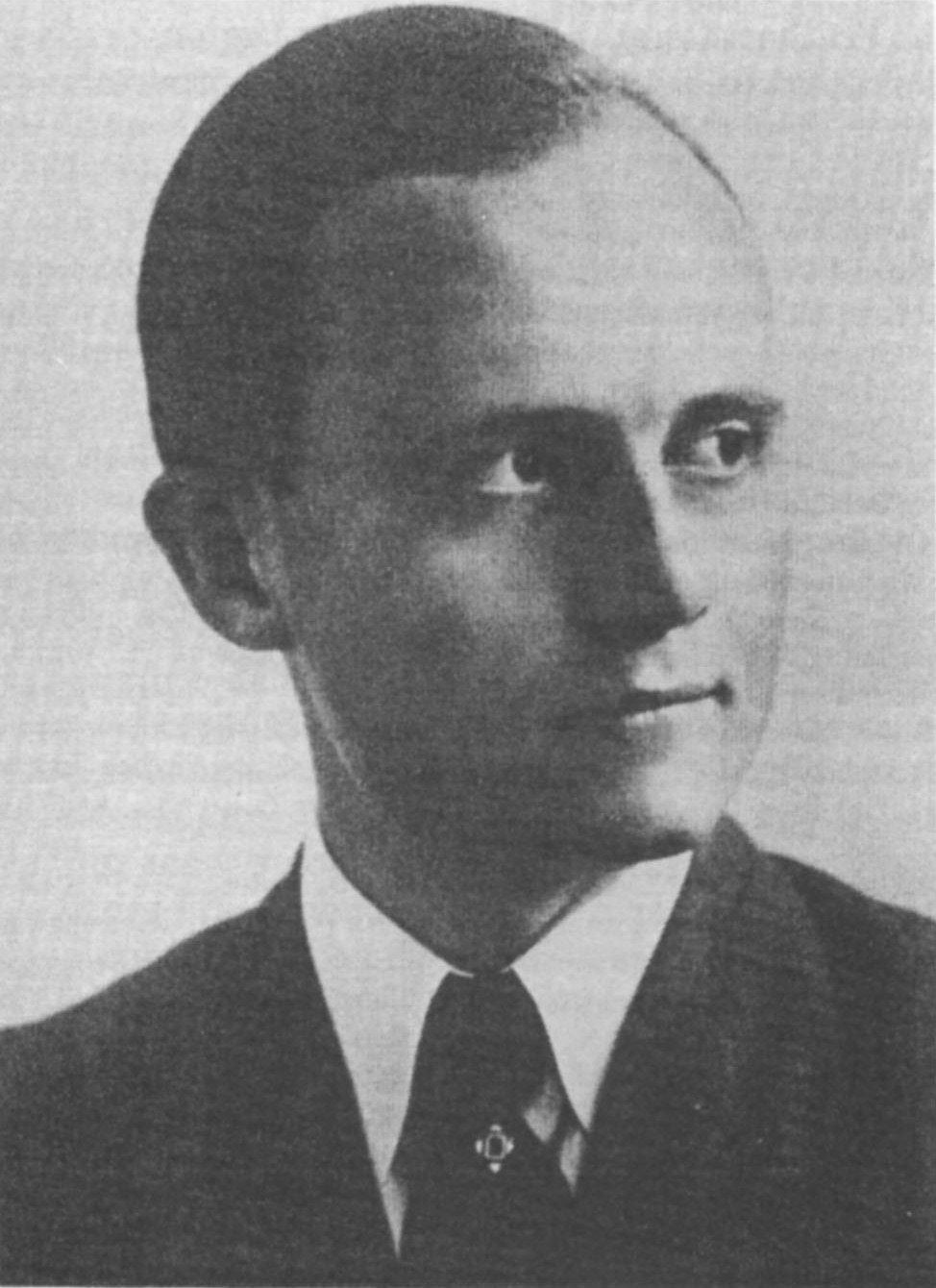



























Argentina, 1942: a scandal breaks. Tabloids scream about newly discovered photographs taken at homosexual orgies in amateur photographer Jorge Horacio Ballvé Piñero’s apartment: photos allegedly depicting young cadets from the national military university in compromising positions.